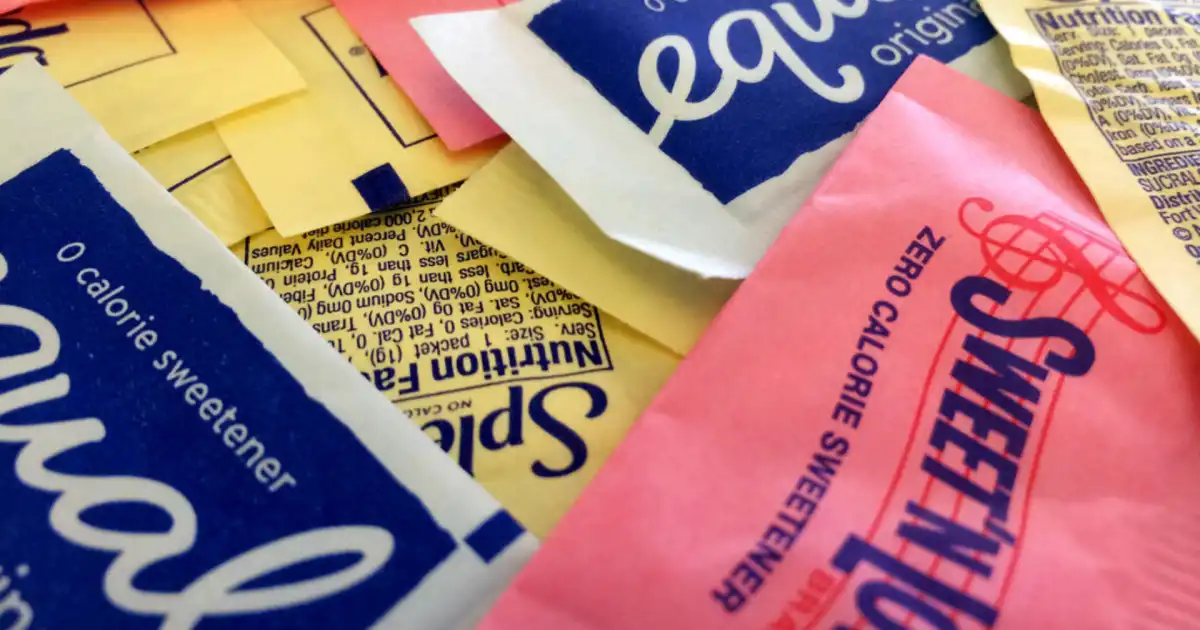High xylitol levels linked to heart attack and stroke risk
High xylitol consumption linked to heart attacks and stroke. Study urges avoiding sugar alcohols for those at risk. Viral health warning.
A groundbreaking study recently revealed that individuals who consume high levels of the sweetener xylitol are at a heightened risk of experiencing heart attacks, strokes, and even death. This research, which was published in the esteemed European Heart Journal, has shed light on the potential dangers associated with this sugar alcohol.
Xylitol, a substance that can be found in nature but is often synthetically produced as a food additive, is used to mimic the taste of sugar without causing spikes in blood sugar levels. It is a common ingredient in a wide array of everyday products, ranging from toothpaste and gum to vitamins and reduced-sugar foods.
For those who are monitoring their sugar intake, xylitol may be a familiar sight on the labels of various packaged goods marketed as "calorie-free," or suitable for those following a keto or diabetes-friendly diet. However, the results of the study indicate that caution should be exercised when consuming products containing this sweetener.
After analyzing blood tests from over 3,000 individuals, researchers discovered a correlation between elevated xylitol levels and an increased likelihood of experiencing a heart attack or stroke within a three-year period. Furthermore, participants who consumed a beverage sweetened with 30 grams of xylitol were found to be significantly more susceptible to blood clots.
Dr. Stanley Hazen, a co-author of the study and a leading expert in preventive cardiology at the Cleveland Clinic, emphasized the potential risks associated with high xylitol consumption, particularly for individuals with diabetes. He cautioned that sugar may be a safer alternative to sugar alcohols, especially for those at an elevated risk of cardiac disease.
While products like toothpaste and gum that contain xylitol for cavity prevention are generally considered safe due to the small amounts present and the fact that they are not ingested, Hazen advised against the regular consumption of xylitol in larger quantities.
Despite the FDA's classification of sugar alcohols as "generally recognized as safe," Hazen recommended avoiding them altogether to minimize potential health risks. He stressed the importance of being mindful of the consumption of diabetic cookies or candies containing xylitol, as even a short period of high levels of intake could pose a significant risk.
In a related study conducted last year, researchers found similar results with another low-calorie sweetener known as erythritol. However, further testing is required to fully assess the safety implications of sugar alcohols.
The World Health Organization issued a warning last year regarding the long-term use of non-sugar sweeteners, suggesting that they could potentially increase the risk of developing Type 2 diabetes, heart disease, and other adverse health outcomes. This underscores the importance of being cautious when it comes to the consumption of artificial sweeteners, including xylitol.











Comments on High xylitol levels linked to heart attack and stroke risk